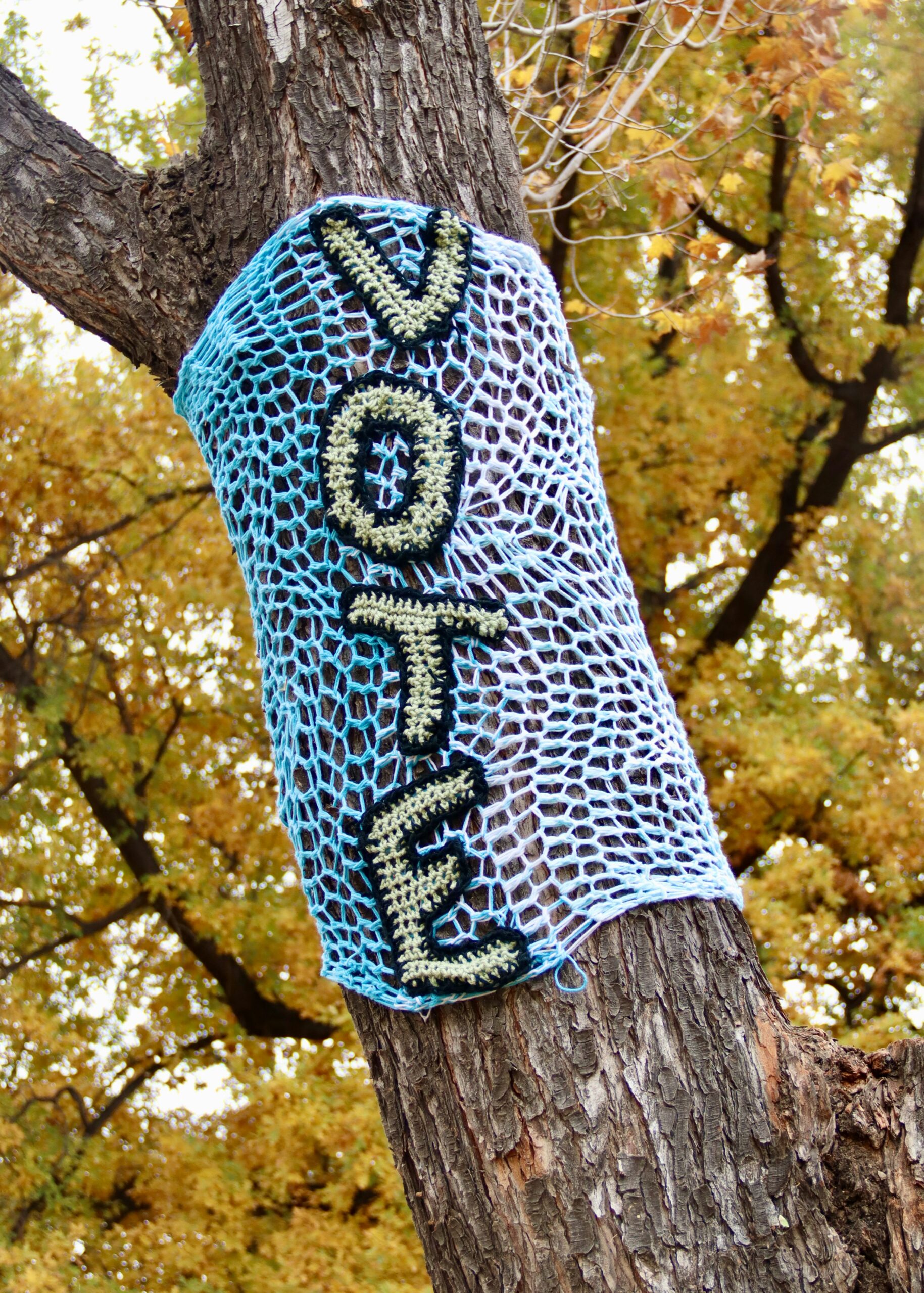
Essay ‘Un-Contest’ on Peaceful Elections
The War Prevention Initiative (WPI) is seeking submissions for an essay “un-contest” on peaceful elections.

Perspectives on Feminist Foreign Policy: Revealing New Narratives, Challenging The Status Quo
Read our summary report of our feminist foreign policy essay “un-contest” where we published 11 essays from emerging thought leaders around the world.

Politics of Violence Puts Us All in Extreme Danger
A nonviolent response is the only way forward The politics of violence is pervasive and corrosive, stretching from the Middle East to the streets of Los Angeles. The reckless and unnecessary military attacks by Israel’s Netanyahu government on Iran, the ongoing genocide in Gaza, the deployment of U.S. National Guard troops and Marines to silence … Read more
